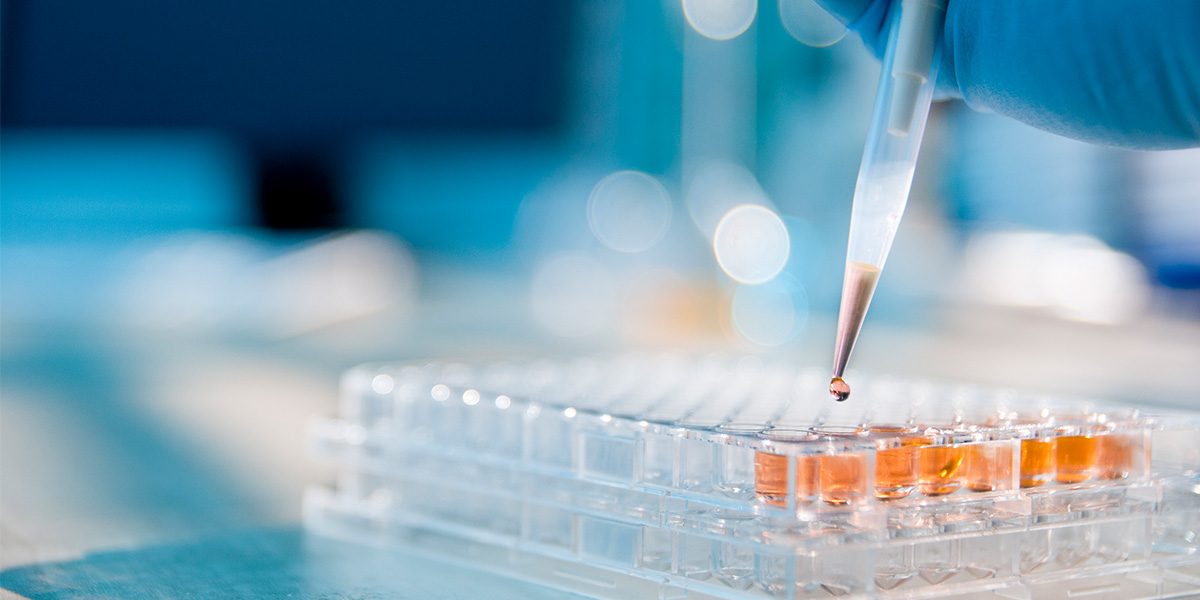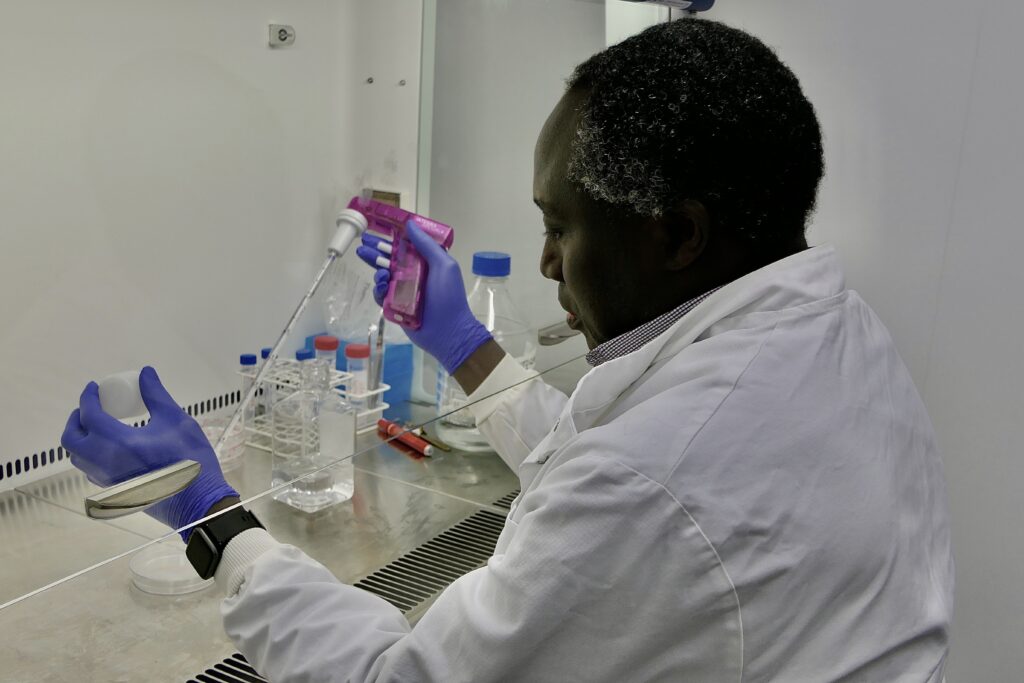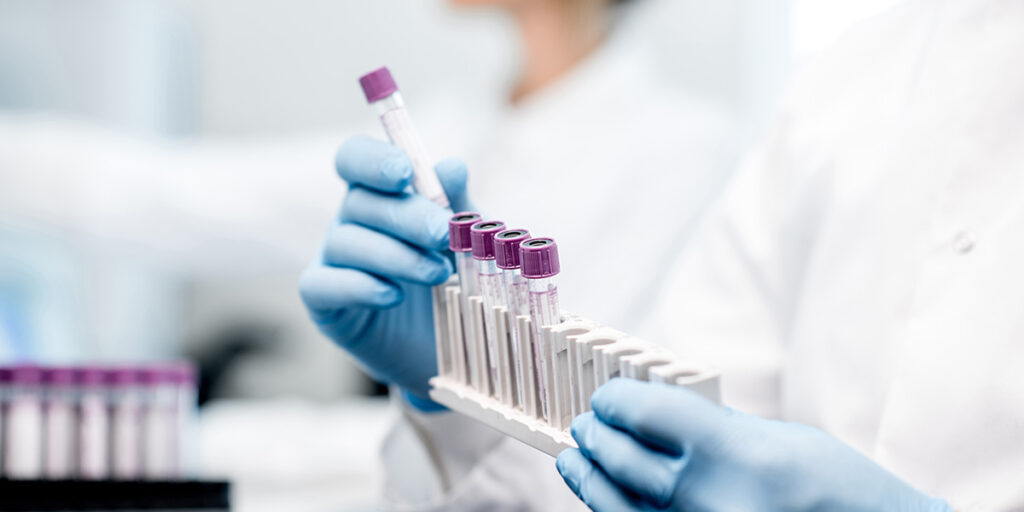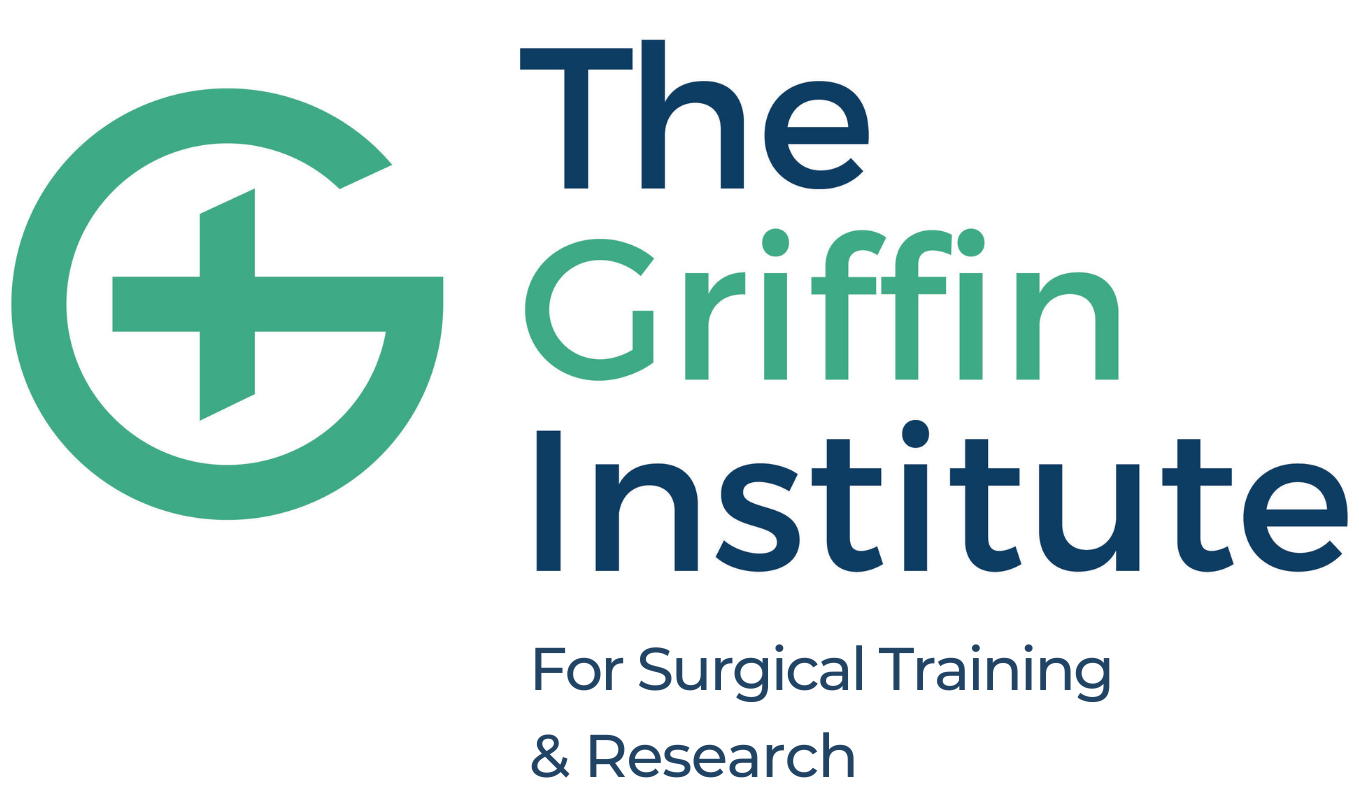Research & Development
We are at the forefront of medical research, with a remarkable track record in developing cutting-edge initiatives which accelerate innovative solutions that translate into new treatments designed to make a noticeable difference to people’s lives.
Our ambition is to make a positive impact upon people who face health challenges, through our ground-breaking clinical work. We do this through developing and delivering novel medical research projects and over the years have become experts in regenerative medicine, stem cell therapies and the use of biological/synthetic scaffolds for a wide range of patient benefits:
Research & Development

What we do
Our ambition is to make a positive impact upon people who face health challenges, through our ground-breaking clinical work. We do this through developing and delivering novel medical research projects and over the years have become experts in regenerative medicine, stem cell therapies and the use of biological/synthetic scaffolds for a wide range of patient benefits
What we do

“The Griffin Institute’s research team provides high quality studies to propel research, through the most appropriate models, into the marketplace.”
Research Partner
Intestinal Failure (IF)
Intestinal Failure such as Short Bowel Syndrome (SBS) or Crohn’s disease, and congenital malformations of the bowel, is a long-term and complicated disorder that causes malfunction to an extent where necessary nutrients, water and electrolytes cannot be absorbed efficiently. Patients with SBS, where half or more of the small intestine is removed, may suffer extensive physical and psychological consequences that can significantly affect their quality of life.
Patients with IF require intravenous supplementation, consisting of essential nutrients to maintain health and growth. Those who can no longer tolerate this, including children with congenital and irreversible IF, require a lifesaving bowel transplant. However, standard bowel transplants are limited due to the shortage of donor organs and poor survival outcomes, as well as a graft rejection rate of approximately 60%.
We are currently working with St Mark’s Hospital on generating bio-engineered bowel tissue, combining human decellularized intestine, seeded with patient-specific cells, which can be surgically transplanted onto the patient’s remaining intestine and thereby restore full function of the bowel.
Intestinal Failure (IF)
Hepatic Diseases
A major limitation to the development of safe drugs to treat hepatic diseases, is the use of appropriate pre-clinical testing tools. We are therefore working on developing bioengineered ‘mini-livers’, to enable the testing of new drugs on fully functional tissue created in the laboratory.
Creating functional tissue through designing different formulations will assist with testing new drug therapies without endangering patients. Potentially It may also help to meet the current transplantation shortage.
Hepatic Diseases
Wound Healing Solutions

Dermal Paste
The cost of chronic wound care is estimated to consume at least 6% of NHS expenditure in the UK, and unfortunately many people are still left with wounds that simply will not heal using current treatment options that may cause distress and very poor quality of life. The Griffin Institute has developed a skin substitute that have been shown to accelerate wound closure. This research has benefit across many areas, including pressure sores, surgical lacerations and wounds in children and older people who may be unable to tolerate the process of more traditional skin grafts. In 2020/21 we completed the first phase of research on our new wound healing solution, ‘Dermal Paste’, and we are now working on pre-clinical trials for phase 2.
Dermal Hydrogel
The Griffin Institute has pioneered a new method to promote the rapid healing of serious burns, with an easy application of a semi-solid gel that can be applied directly to a burn and “fixed” with a UV light. This creates a dressing with the ability to regenerate skin whilst protecting the wounds. Results so far are very promising.
Diabetic Wounds/Ulcers
These are a common complication of diabetes that cannot be managed through diet, exercise, and insulin treatment, and can be extremely difficult to heal. Our skin replacement enriched with healing proteins collected from the patient’s own blood, stimulates the cells within the dermis (middle) layer of skin to lay down new matrices that are essential for wound healing.Our Wound Healing Solutions do not require refrigerated transport and storage, which will considerably reduce costs and allow for easier distribution and application. They will enable people from different demographic and socioeconomic backgrounds to access treatment, promoting greater equality of care.
Breast Reconstruction Project:
Approximately 50,000 women are diagnosed with breast cancer each year in the UK, around 40% of whom will undergo a mastectomy. Currently methods for breast reconstruction have unpredictable outcomes. In conjunction with RAFT (Restoration of Appearance and Function Trust), we are working to develop a breast implant from natural proteins, which are already present in the breast and will be used in conjunction with the patient’s own fat and stem cells. As the breast tissue grows, the implant will be absorbed, leaving behind a natural breast made with the patient’s own body tissue.
Breast Reconstruction Project:

Orthopaedics
Hip replacements are one of the most successful surgeries in improving patient quality of life. However, revision hip replacements due to loosening of the implant and bone defects, account for 10% of surgeries, adding extra burden to the NHS and causing adverse impact on the patient’s life.
The Griffin Institute continues to research methods on regenerating new bone, to improve clinical performance and prevent future problems.
Orthopaedics
Diabetic Foot Ulcers
Our wound healing team is focused on hard to heal wounds, with a particular interest in diabetic foot ulcers (DFUs). Long standing DFUs are responsible for a considerable number of lower leg amputations in diabetes sufferers, a major healthcare concern. The difficulty in managing DFUs arises from a poor understanding of the natural course of diabetic wound pathology. Our wound healing team has developed a model simulating the changes seen in key cells of the skin that are involved in normal wound healing and we are planning further research in order to investigate the potential of reversing these changes.


